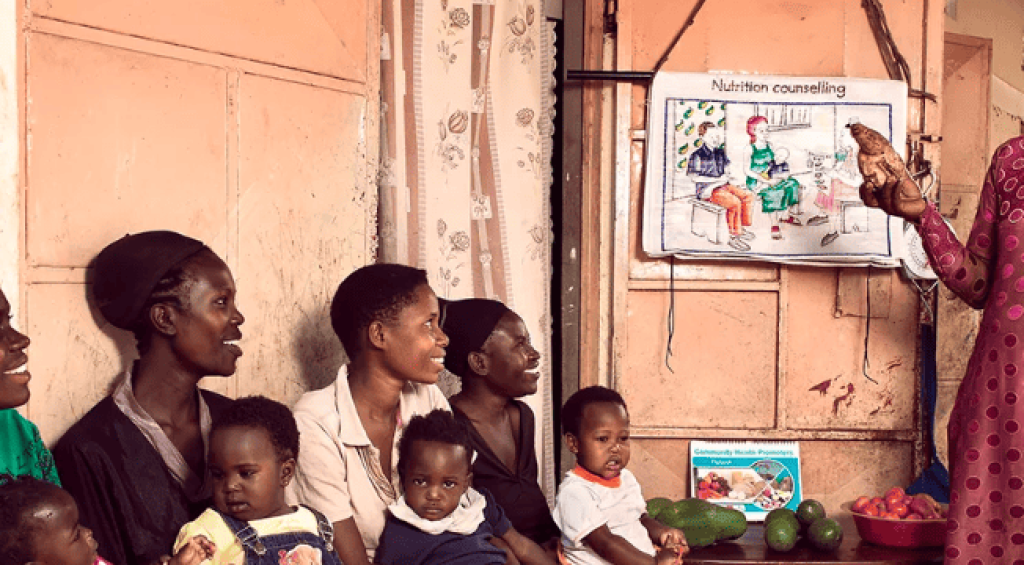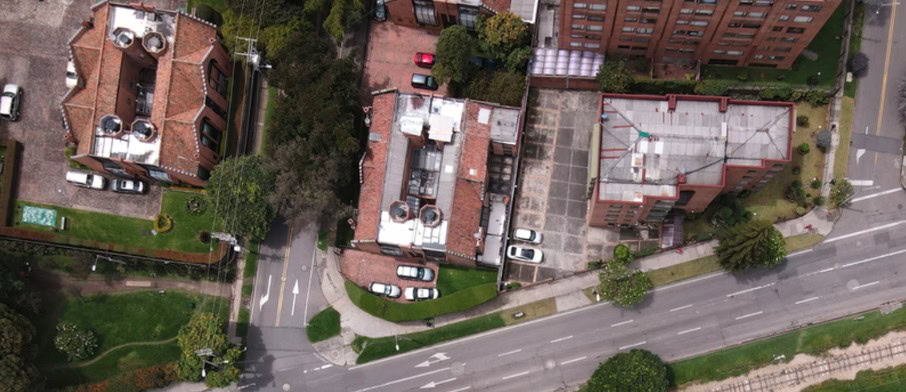Human capital development is essential for sustained and inclusive growth. The wealth of modern nations depends not only on their natural resources: it also depends on their human resources. However, the countries of the Central African Economic and Monetary Community (CEMAC) face major challenges in terms of education, health and economic inclusion. The following three graphs illustrate these challenges.
1. The CEMAC region’s human capital is grossly under-exploited. Given the health and educational conditions in the region, a child born today will only be able to reach 37% of their full potential, compared with 40% in sub-Saharan Africa. Prospects are even weaker for children living in Chad and the Central African Republic, which highlights the wide variation within the region.
Image

2. Progress in human capital development has been limited. The three countries for which data are available recorded very modest, if any, improvements in their human capital index between 2010 and 2020. More effective and ambitious public policies in education, health and social protection are needed to achieve the desired results.
Image

3. The utilization of human capital is also inadequate. The human capital situation in the CEMAC is even more concerning when employment rates are taken into account. A person born today in the region has between 15% and 28% chance of realizing his or her potential and becoming a productive member of society.
Image

*Takes into account the proportion of the working-age population that is employed.
Human capital within CEMAC: a new priority
Faced with these challenges, the CEMAC Heads of State made a firm commitment at the 15th Extraordinary Summit to step up efforts to develop human capital. The CEMAC’s Economic and Financial Reform Program (PREF-CEMAC) for the period 2021-2025 thus integrates, for the first time, human capital as a new axis of priority reforms. This represents a historic opportunity for CEMAC countries to rewrite the social contract and unleash their growth potential.
As well as highlighting the shared commitment to the human capital agenda, the regional initiative also enables the exchange of best practice between member countries. Notably, the workshop held in Yaounde in June 2023 brought together all CEMAC human capital focal points and other relevant ministries to discuss the challenges around gender, learning poverty, skills and employment, and financing.
CEMAC countries come out on top!
Results have already been achieved:
In Cameroon, the Safety Nets Project provided resources to 385,000 poor households across the country to help them develop and protect their human capital. The project has also led to the development of mobile crèches, enabling children to learn to speak and count, as well as providing each child with a birth certificate.
In the Republic of Congo, thanks to the LISUNGI project, over 200,000 poor and vulnerable households have benefited from financial assistance. A pilot project is currently underway to develop a “mamapreneur” model, helping women to run crèches that offer quality, affordable childcare.
As for the Central African Republic, it is seeking to improve learning outcomes by redefining primary school curricula around its national language: Sango.
The SWEDD program, on a regional scale, enables many vulnerable girls and women to reach their true potential, while facilitating their access to quality education and adequate reproductive, maternal and child health services. The program has just been launched in Cameroon and will soon begin in the Republic of Congo.
We still have a long way to go…
Member countries must redouble their efforts to achieve their shared ambitions. The task is considerable, which is why five areas for improvement have been identified to provide guidance to political decision-makers.
It’s time to take action to:
- Increase investment in the education sector, including teacher training, school construction and renovation, and widening access to inclusive, quality education.
- Improve the efficiency of the health sector, invest in infrastructure and basic community health services to achieve universal health coverage in the CEMAC.
- Set up inclusive and sustainable social safety net systems to protect the human capital of poor and vulnerable households in the event of individual and collective shocks.
- Promote social inclusion and gender equality by fostering girls’ education, combating violence against women, engaging young people and increasing their participation in the economy.
- Encourage private-sector participation in the economy: the private sector optimizes human capital by creating jobs, investing in the education, and training of citizens and offering them competitive salaries.
Are you as passionate as we are about Human Capital issues? Don’t miss the live launch of the Heads of State Summit on Human Capital in Africa, to be held on July 25 and 26 in Dar Es Salaam, Tanzania.
Source : World Bank







































































